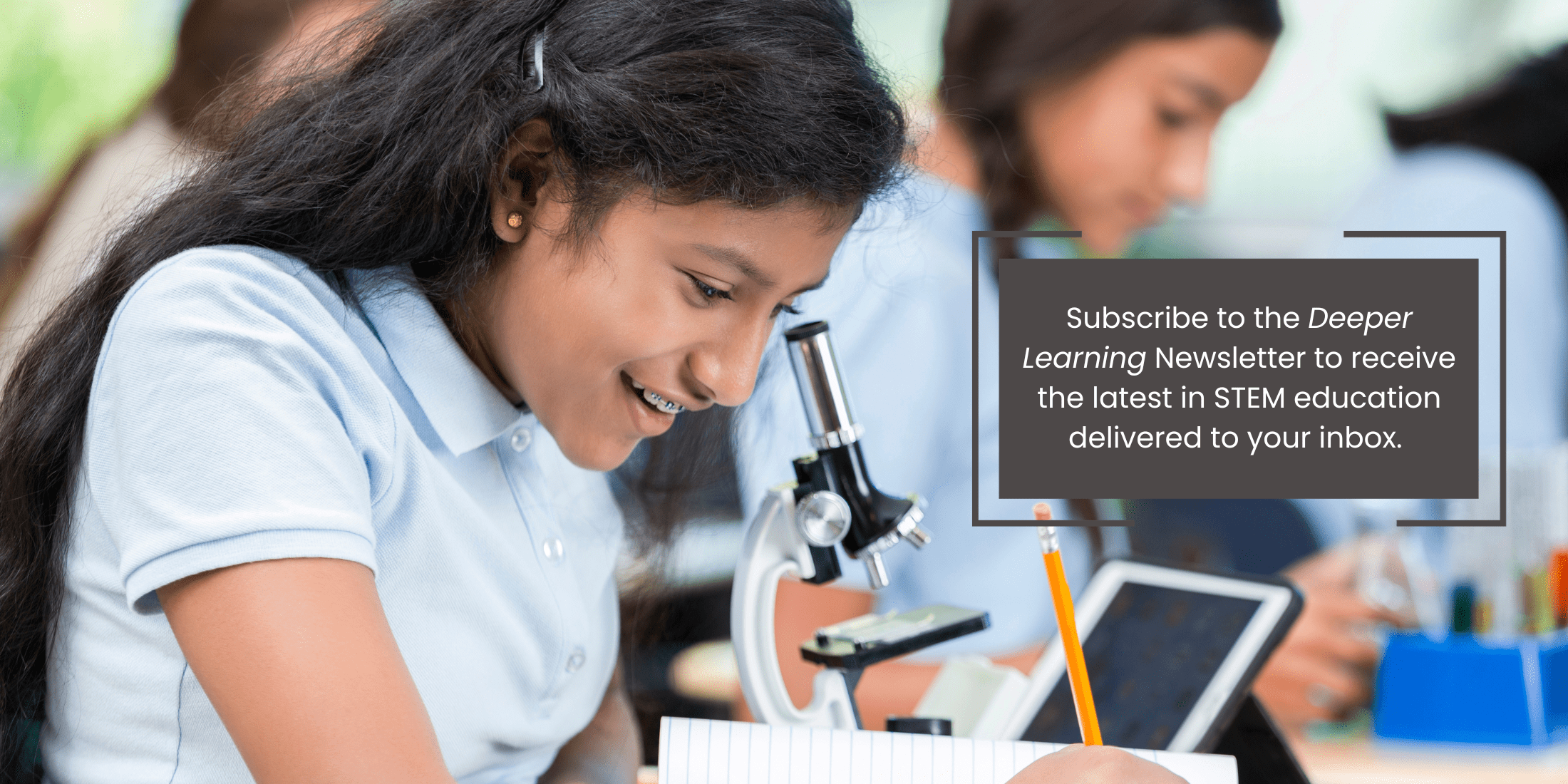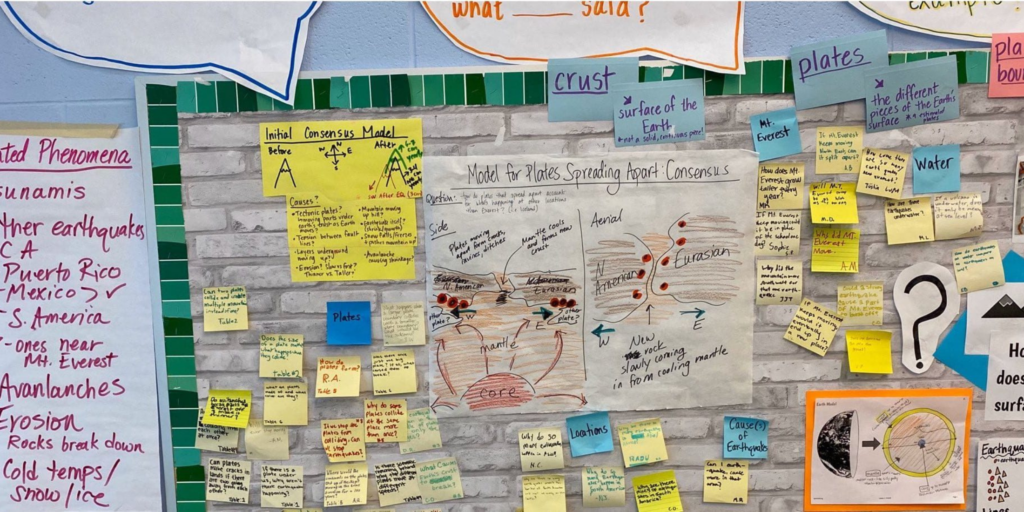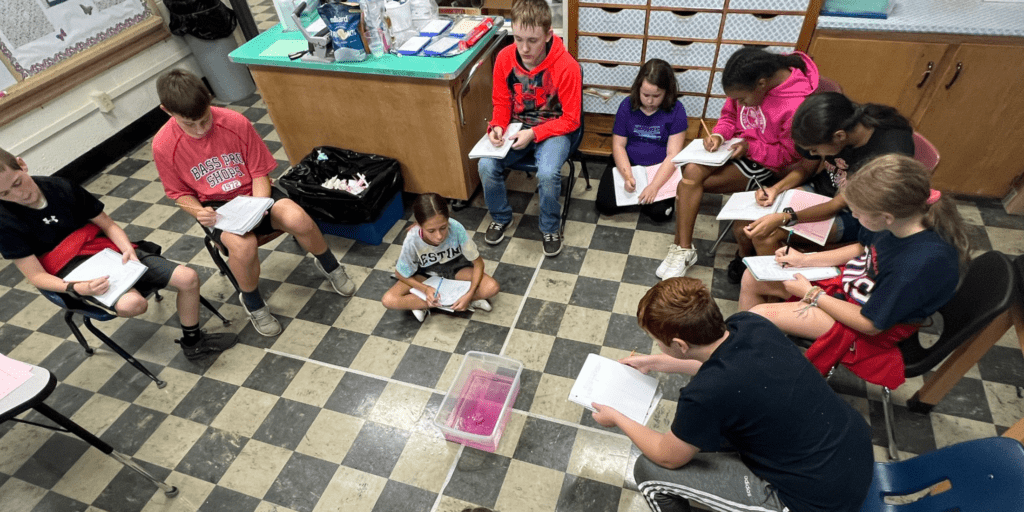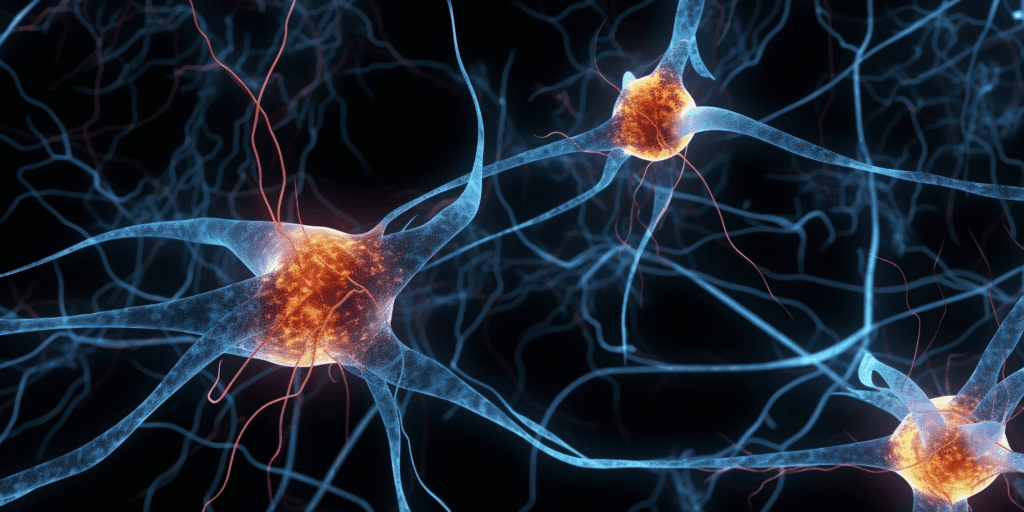Research Roundup: Recent STEM News and Research
Research Roundup: Recent STEM News and Research

The world of STEM education is buzzing with new research and insights that every teacher should know about. From how gestures in chemistry class can make a big difference in student understanding to the surprising resilience of STEM teachers in high-need schools, there's a lot happening.
We’re also learning more about how students' learning styles shape their attitudes toward STEM, the mixed results of AI math tutoring tools, and how community-driven science can be a game-changer for environmental projects.
There’s even a study showing how ChatGPT could ace engineering exams—raising some interesting questions about the future of assessments. In this blog, we’ll dive into these hot topics and explore what they mean for teachers like you.
Let’s take a look at the latest STEM news and research and see how these trends could shape the way we teach and learn STEM!
Recent STEM News & Research 📰
- A Sequence of Sensemaking in a High School Chemistry Classroom: Tracking Student Thinking and Positioning. A study examining a high school chemistry class found that non-verbal communication, especially gestures, plays a crucial role in how students understand and engage with scientific concepts. The researchers highlight how teacher interactions and classroom setup affect student participation, suggesting educators should pay more attention to non-verbal expression to create more equitable learning environments. [read more]
- The STEM teacher workforce in high-need schools is surprisingly resilient. A 30-year analysis of STEM teachers in high-need schools reveals surprising resilience despite staffing pressures. While qualification gaps persist between high and low-need schools, STEM teacher qualifications have remained stable or improved slightly. Key concerns remain in physical sciences and computer science, where many teachers lack subject-specific credentials across all school settings. [read more]
- What is the role of learning style preferences on the STEM learning attitudes among high school students? New study examines STEM education's role in economic development and the need for culturally appropriate assessment tools. The researchers aim to validate a Chinese-language STEM learning attitude scale and explore how different learning styles affect STEM learning outcomes. [read more]
- Is There a Problem With ‘Mathbots’? Despite heavy investment in AI math tutoring tools, their impact in K-12 math classrooms remains limited, with only 18% of teachers using AI as of fall 2023. Critics argue these tools lack the human elements crucial for math education - like reading facial cues and building trust - and worry that investing in AI diverts resources from proven solutions like high-dose tutoring and smaller class sizes. [read more]
- Learning and Distributed Expertise in Community-Based Science. A study examining a dam removal project found that while local residents contributed valuable knowledge to scientific work, traditional scientific hierarchies still largely determined how this knowledge was used. Researchers argue that giving communities more power to shape scientific projects is crucial for addressing environmental challenges through community-based science. [read more]
- Could ChatGPT get an engineering degree? A new study of AI language models across 50 STEM courses at EPFL found GPT-4 correctly answered 65.8% of exam questions using basic prompts, and up to 85.1% with optimized strategies. Researchers warn this could let students bypass important learning processes and recommend shifting toward more complex, project-based assessments that require integrating multiple concepts. [read more]
* * * * * *




